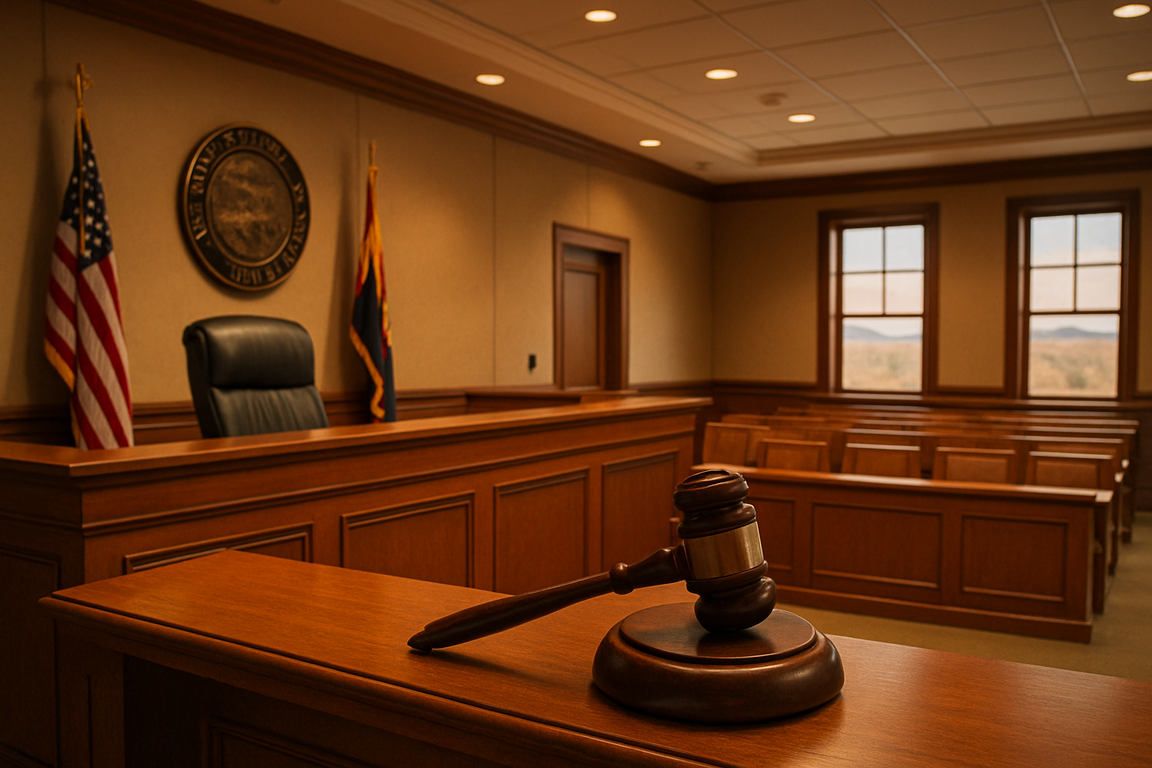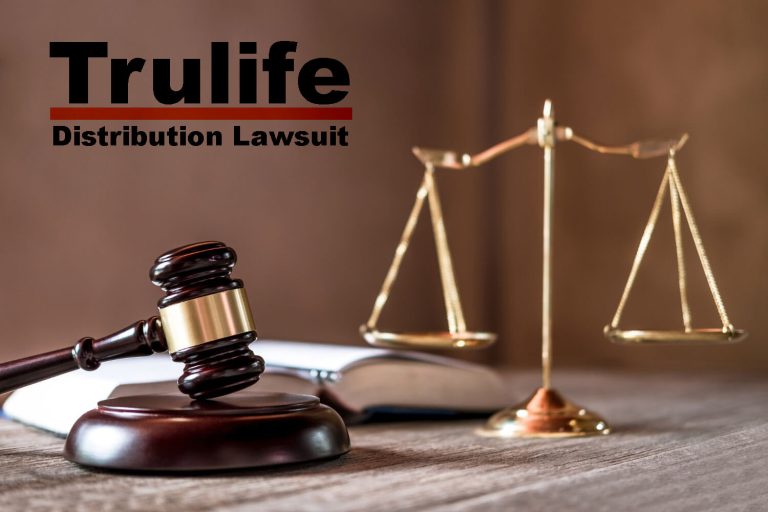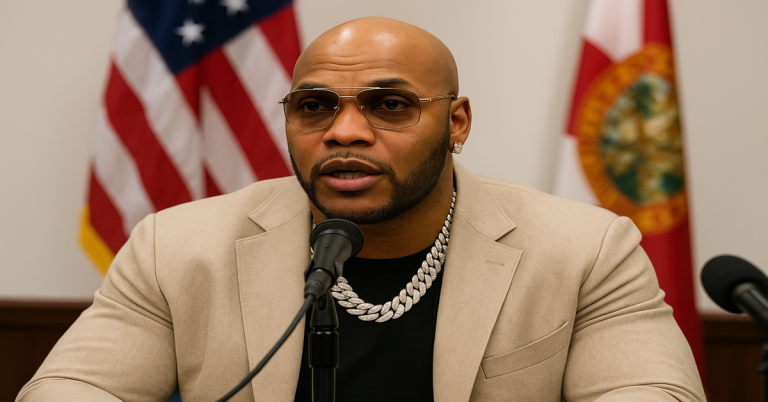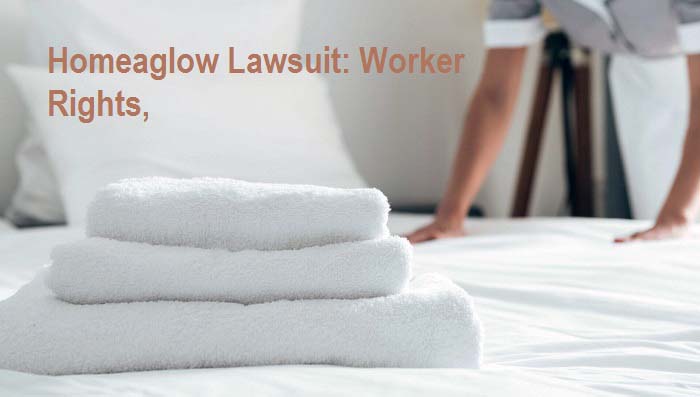Arizona sex abuse lawsuits are growing in number. You see more survivors speaking out. They seek justice from those who have ignored their suffering. New laws opened a path for them to file cases. These lawsuits reveal abuse in classrooms, churches, care homes, and youth centers. The goal is to hold people accountable, not just in court but in public view.
Why is this happening now? Many survivors stay silent for years. Trauma delays action. Shame blocks the path to truth. But things are changing. With support, some are now strong enough to file lawsuits. Arizona sex abuse lawsuits are a key tool for justice. This article covers changes in the law, major cases, who can be sued, and what to expect if you file a case.
Arizona Extends Time to File
In 2019, Arizona changed the deadline to file civil lawsuits for child sex abuse. Before, you had to sue by age 20. Now, you can file until you turn 30. For two years, even older survivors could file if they missed the previous deadline.
This reform helped people who were locked out by the old rule. Many had tried to move on but never got closure. Arizona sex abuse lawsuits rose fast after this update.
What you should know:
- You can file a civil case until age 30 if the abuse happened when you were a child.
- You can sue the abuser and any group that allowed or ignored the abuse.
- There was a 2-year period that allowed older survivors to file, which ended in 2020.
- Criminal cases follow different rules and deadlines, depending on the crime.
The new law gave hope to people who had none. Arizona sex abuse lawsuits filed after 2019 reflect this change in the law and public mindset.
High-Profile Cases That Changed Minds
Brittany Zamora
A Goodyear teacher was found guilty of abusing her 13-year-old student. She received a 20-year sentence. The victim’s family later sued the school and her husband. The claim was they failed to prevent the abuse, even when there were warning signs. The civil lawsuit drew national attention and highlighted school responsibility.
Cochise County Teacher Arrested
In July 2025, a high school teacher in Cochise County was arrested for abuse and exploitation of a minor. Police found videos and messages. More families began speaking out, leading to community pressure for more oversight in hiring and student safety.
Caregiver Abuse Caught on Camera
An older woman with dementia was sexually assaulted by her caregiver. Her family had placed a hidden camera in her room after noticing behavioral changes. The footage led to a conviction. This Arizona sex abuse lawsuit pushed lawmakers to revisit elder care rules.
Each case helped shift public opinion. These Arizona sex abuse lawsuits showed that abuse can happen anywhere and must be addressed.
Who Gets Sued and Why
You don’t just sue the abuser. You can also sue those who failed to stop them. Arizona sex abuse lawsuits often name schools, churches, camps, care homes, and employers. If an organization ignored warnings or protected the abuser, they can be held liable.
Examples:
- A school that got complaints but kept the teacher employed.
- A church that moved an accused leader to another location.
- A care facility that failed to supervise staff.
Victims must show that the group knew—or should have known—about the risk. These lawsuits help force policy changes and safer environments.
Arizona sex abuse lawsuits create pressure. They lead to better training, stronger background checks, and more public reporting systems. By holding institutions responsible, survivors push for change that protects others.
What You Face if You File a Case
Filing a case takes time and emotional strength. You must tell your story. You may need to appear in court. The defense will try to weaken your claim. But you don’t have to go through it alone.
Here’s what the process involves:
- File a formal complaint through your lawyer.
- Share your experience and any proof you have.
- Let your lawyer gather evidence, witnesses, or expert testimony.
- Attend court hearings if needed.
A civil case is different from a criminal case. You seek money and public accountability, not jail time. Still, the emotional weight can be heavy.
Civil vs. Criminal Cases in Arizona
| Type | Civil Lawsuit | Criminal Case |
|---|---|---|
| Filed by | You or your lawyer | State prosecutor |
| Standard of proof | More likely than not | Beyond a reasonable doubt |
| Outcome | Money, policy changes | Jail time, registry, fines |
| Time limits | Up to age 30 | Varies by offense |
Arizona sex abuse lawsuits filed today come with support systems. Specialized lawyers, therapy access, and nonprofit help make the process more manageable.
What Has Changed So Far
Since 2019, the legal system in Arizona has shifted. You now see more cases filed and more survivors heard. Schools, care homes, and churches are under pressure to fix internal failures.
Some have added new staff training. Others have added reporting tools for students, parents, or residents. Arizona sex abuse lawsuits have played a big part in forcing these changes.
There’s also growing support for new reforms:
- Another temporary window for expired claims.
- More funding for legal aid and survivor therapy.
- Tougher rules for hiring people who work with kids or older people.
Other states are watching Arizona. They see that these lawsuits bring real change. They may follow with similar laws. Arizona sex abuse lawsuits are not just helping victims—they’re changing how entire systems respond to abuse.
Recent Legal Developments in Arizona Sex Abuse Cases
Arizona has seen a surge of legal activity surrounding sexual abuse claims in recent years. These developments highlight how survivors are stepping forward and how courts are responding to institutional failures. One major example occurred in July 2025, when an Arizona appeals court revived a significant lawsuit against the Church of Jesus Christ of Latter-day Saints (LDS Church). The court ruled that church officials may have had a duty to report child sexual abuse, even if the abuse was disclosed in a clergy-penitent setting. This decision has broadened the understanding of what institutions must do when they learn of abuse and reinforces that silence or inaction can create legal liability.
Beyond religious organizations, Arizona courts are also seeing more claims targeting schools, youth programs, treatment centers, and care facilities. These cases focus on systemic issues—such as unsafe environments, inadequate supervision, or failure to report known misconduct. As more lawsuits are filed, Arizona continues to establish new legal precedents around responsibility, transparency, and survivor protection.
Institutional Abuse in Youth Residential Facilities
Some of the most troubling recent claims in Arizona involve youth residential treatment centers, which are supposed to provide safety and therapeutic care for vulnerable teens. Instead, lawsuits allege that several facilities operated with little oversight, putting residents at risk of sexual assault and other forms of harm.
A major example is the case against Mingus Mountain Academy, a residential treatment facility in Prescott Valley. A group of former residents have filed lawsuits alleging that staff members engaged in repeated sexual abuse over a period spanning more than a decade. These claims assert that the facility failed to safeguard residents, ignored warning signs, and allowed dangerous employees continued access to minors.
Cases like these show that institutional abuse can happen in places parents and guardians trust the most. When staff members cross boundaries or when administrators fail to supervise or report misconduct, the facility itself can be held legally responsible. These lawsuits are helping expose long-standing problems in the youth-treatment system and encourage stronger oversight and accountability going forward.
Arizona’s Statute of Limitations for Sex Abuse Lawsuits
Understanding the statute of limitations is crucial for anyone considering a sexual abuse claim in Arizona. State lawmakers enacted major reforms in 2019 to help survivors seek justice.
Under A.R.S. § 12-514, survivors of child sexual abuse may file a civil lawsuit up until their 30th birthday. This applies to lawsuits against both the abuser and institutions that may have enabled, ignored, or failed to prevent the abuse.
The 2019 law also created a temporary “look-back window” that allowed survivors with previously expired claims to file suit. This window lasted until November 27, 2020. Although the window is now closed, some victims may still qualify to file under the discovery rule, which applies when a survivor did not understand the abuse or its impact until much later in life.
Because every situation is different, survivors should consult legal counsel as soon as possible. Filing deadlines can still affect a case, and waiting too long may limit legal options—even in abuse-related claims.
What to Watch in Arizona Sex Abuse Litigation
Arizona sex abuse litigation continues to evolve, and several major developments could shape the future of these cases:
Upcoming Trials and Settlement Trends
Many institutions face mounting pressure to settle to avoid public trials. Jury verdicts in abuse cases can be significant, and the threat of large awards often encourages defendants to negotiate compensation early.
Clarity on Clergy-Penitent Privilege
The appeals court ruling involving the LDS Church is expected to influence how much protection religious institutions have when abuse is disclosed internally. More cases may arise as courts continue to clarify when reporting is required.
Growing Litigation Against Youth Treatment Centers
As more survivors come forward from residential facilities, Arizona may see additional lawsuits uncovering systemic problems—such as understaffing, lack of training, or unsafe environments within these programs.
Regulatory Changes and Oversight Efforts
State regulators may propose new rules to increase transparency, oversight, and reporting obligations for institutions that work with minors. This could include new training requirements, background-check standards, or mandatory reporting updates.
Impact of Expired and Ongoing Filing Deadlines
Although Arizona extended legal timelines for survivors, deadlines still exist. As time passes, more claims may hinge on the discovery rule or other legal exceptions. Survivors who suspect abuse should take action quickly to preserve their rights.
Frequently Asked Questions (FAQs)
Can I sue if the abuse occurred years ago?
Yes. Under Arizona law, victims of child sexual abuse can bring a civil lawsuit up to age 30. Exceptions can be made if new information surfaces.
Do I have to have evidence in order to sue?
You don’t have to have physical evidence in order to bring a case. Your attorney can assist in accumulating records, witness statements, or expert testimony to substantiate your claim.
Can I sue the employer or school, in addition to the abuser?
Yes. Arizona sex abuse lawsuits may name individuals and organizations that enabled the abuse or failed to recognize obvious warning signs.
If the perpetrator of the abuse was never arrested or charged, can I still bring a civil suit?
You may still bring a civil action even if there was no criminal conviction. Civil cases use a different standard of proof.
How long do Arizona sex abuse lawsuits take?
Every case is unique. Some resolve in months, others in years. It varies on the facts, the parties, and whether there is a trial.
What kind of support can I receive during the legal process?
Survivors usually utilize trauma-informed attorneys. Some also have counseling or assistance from advocacy organizations that specialize in sexual abuse recovery.
Is my identity kept confidential?
In most instances, yes. A court can permit you to use a pseudonym in order to safeguard your name and privacy, particularly in delicate cases.
Conclusion
Arizona lawsuits for sex abuse are important because they provide survivors an opportunity to be heard. They reveal issues that were concealed for decades. They create change. When an individual brings a case, they initiate a ripple effect. More individuals are encouraged to come forward. More organizations correct their errors.
If you were assaulted, you have the right to be heard. Speak to an attorney. Ask questions. Determine what justice means for you. These lawsuits don’t undo the past, but they provide you with a means to take charge of your future. Arizona sex assault lawsuits are one means to achieve justice—and prevent abuse from occurring again.




